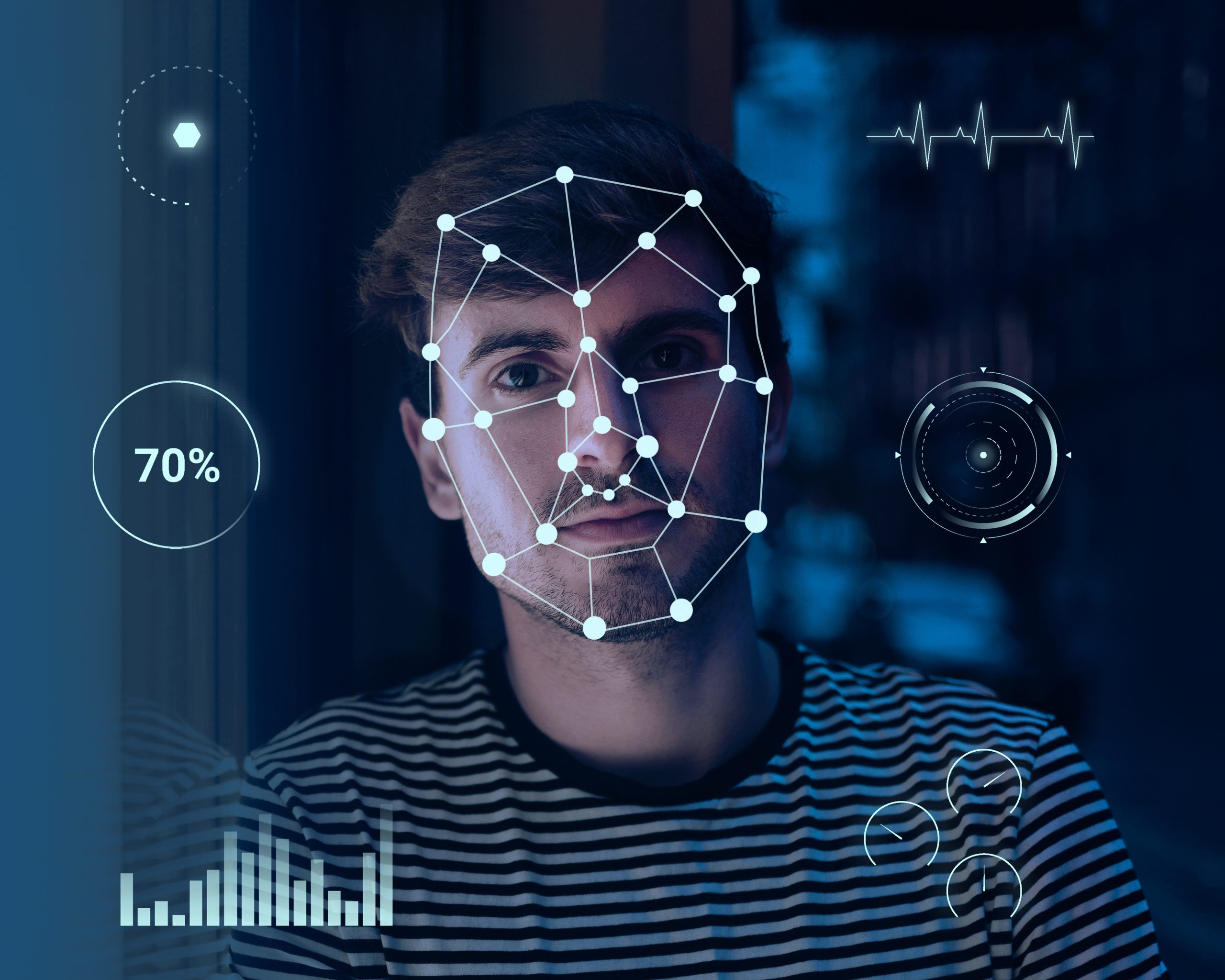As our world becomes increasingly connected and digital, security concerns are at an all-time high. Passwords have long been the primary means of securing online accounts, but they are far from foolproof. Fortunately, biometric security technology, such as facial recognition, is rapidly advancing and has the potential to revolutionize the way we protect our personal and sensitive information.
Facial recognition technology uses a person’s unique facial features to identify and authenticate their identity. It has been used for a variety of applications, including unlocking smartphones and verifying the identity of travelers at border crossings. In recent years, the technology has become more sophisticated, thanks to advancements in artificial intelligence and machine learning.
One of the biggest advantages of facial recognition technology is its convenience. Unlike traditional passwords, users do not have to remember anything or carry anything with them. All they need is their face, which they already have with them at all times. This not only saves time but also makes it easier for individuals who may struggle to remember passwords or who have disabilities that make typing difficult.
Another advantage of facial recognition technology is its accuracy. Unlike passwords, which can be easily forgotten or guessed, facial recognition technology can accurately identify a person based on their unique facial features. This makes it much more difficult for hackers or unauthorized users to gain access to sensitive information.
However, facial recognition technology is not without its challenges. One major concern is privacy. Critics argue that the use of facial recognition technology can infringe on an individual’s right to privacy, as it can be used to track their movements and activities without their knowledge or consent. There are also concerns about the potential for bias in the technology, particularly with regard to race and gender.
To address these concerns, it is important that facial recognition technology is developed and implemented in a responsible and transparent manner. This includes providing individuals with clear information about how their biometric data will be used, and ensuring that the technology is subject to robust security measures to prevent unauthorized access and misuse.
Despite these challenges, facial recognition technology is poised to play an increasingly important role in biometric security in the years to come. As the technology continues to advance, it is likely that we will see new and innovative applications of facial recognition, from securing financial transactions to improving public safety.
Ultimately, the future of biometric security lies in striking a balance between convenience, accuracy, and privacy. By leveraging the power of facial recognition technology in a responsible and transparent manner, we can ensure that our personal and sensitive information is protected while also enjoying the benefits of a more seamless and secure digital world.




